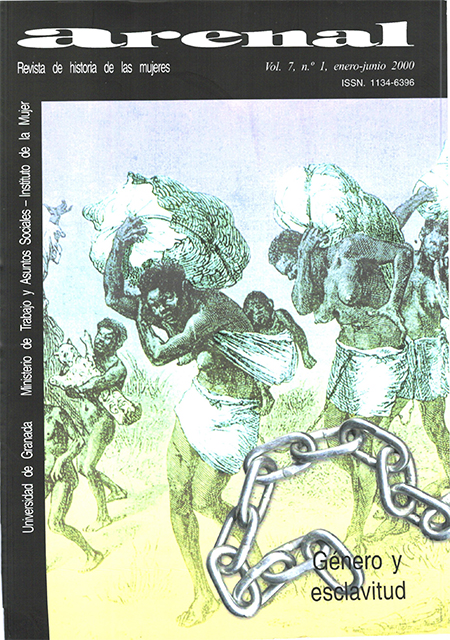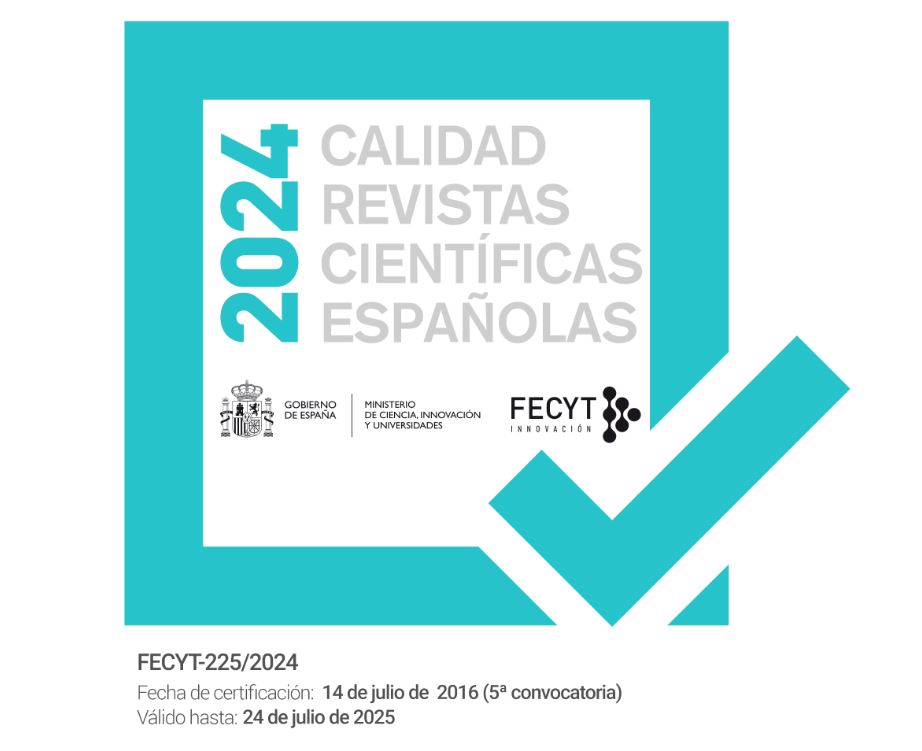Theories of labour division and gender approach
DOI:
https://doi.org/10.30827/arenal.v7i1.16781Keywords:
Gender economics, Feminist economics, Family models, Sexual division of labor, Gender division of labor, Patriarchy, Gender relations, Women's work, History of economic thoughtAbstract
In this article we analyze critically the basic paralelisms of the main division of labor theories from XVIII century to the present, in a history of economic thought perspective. Altruism family models of neclassical economics and functionalist socilogy share with neomarxist economics models of exploitation of women inside the family the same patriarchal idelogy: an explanation of sexual division of family labor based on natural history reasons. Through a case study of rural world, we propose alternatively a materialist explanation of the division of labor taking from gender studies of feminist economics; this perspective rejects biological differences as a factor of inequality and it pays attention to institutional arrangements impregnated by gender relations in patriarchal families, conditioning negotiations forms in a much more realist family model, based on cooperative conflict.Downloads
Downloads
Published
How to Cite
Issue
Section
License
Los/as autores/as que publican en esta revista están de acuerdo con los siguientes términos:
Los autores/as conservarán sus derechos de autor y garantizarán a la revista el derecho de primera publicación de su obra, el cuál estará simultáneamente sujeto a la Licencia de reconocimiento de Creative Commons 4.0 BY-NC-ND que permite a terceros compartir la obra siempre que se indique su autor y su primera publicación esta revista.
Los autores/as podrán adoptar otros acuerdos de licencia no exclusiva de distribución de la versión de la obra publicada (p. ej.: depositarla en un archivo telemático institucional o publicarla en un volumen monográfico) siempre que se indique la publicación inicial en esta revista.
Se permite y recomienda a los autores/as difundir su obra a través de Internet (p. ej.: en archivos telemáticos institucionales o en su página web) antes y durante el proceso de envío, lo cual puede producir intercambios interesantes y aumentar las citas de la obra publicada. (Véase El efecto del acceso abierto).














